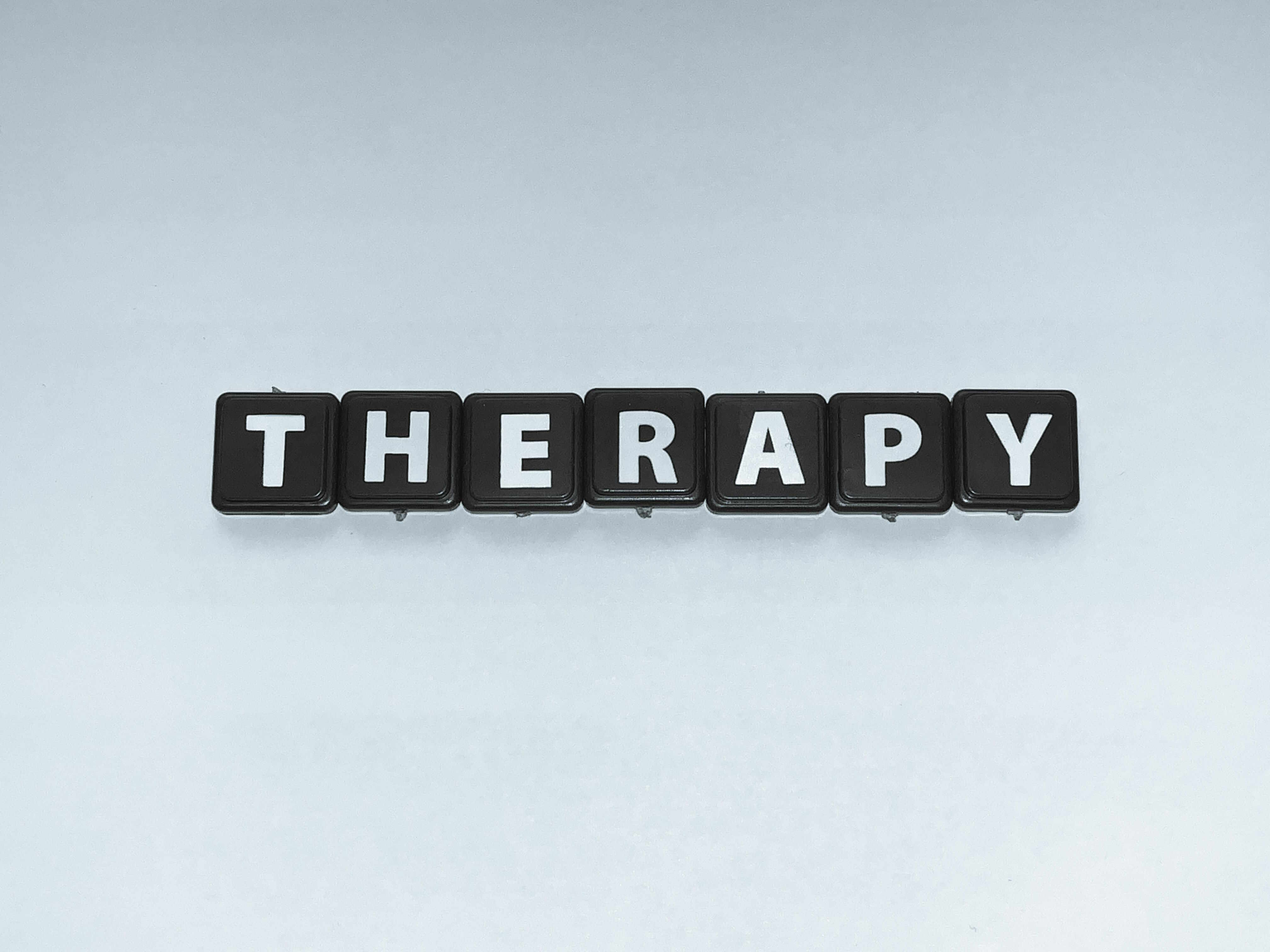Think You Know Bipolar Depression? Here’s What Most People Miss
Bipolar depression is one of the most misunderstood mental health conditions. It’s far more than dramatic mood swings—it’s a complex disorder that affects daily functioning, relationships, and overall well-being. Despite growing awareness, many still confuse bipolar depression with typical depression or overlook early warning signs. In 2025, understanding these nuances is crucial for effective management and reducing stigma.

It’s Not Just About Highs and Lows: What Defines Bipolar Depression?
Contrary to popular belief, bipolar depression isn’t simply alternating between extreme happiness and sadness. The condition involves distinct episodes of depression and mania or hypomania, each with its own set of symptoms. During depressive episodes, individuals may experience persistent sadness, loss of interest in activities, changes in sleep patterns, and difficulty concentrating. Manic or hypomanic episodes, on the other hand, can involve increased energy, decreased need for sleep, and risky behaviors.
How Does Bipolar Depression Differ from Unipolar Depression?
One of the key distinctions between bipolar depression and unipolar depression (major depressive disorder) is the presence of manic or hypomanic episodes in bipolar disorder. These periods of elevated mood and energy are absent in unipolar depression. Additionally, bipolar depression often has a cyclical nature, with episodes occurring in patterns that may be more predictable over time. Recognizing these differences is crucial for accurate diagnosis and appropriate treatment.
What Are the Latest Advances in Bipolar Depression Treatment?
New treatments for bipolar depression focus on achieving and maintaining balance rather than solely addressing depressive symptoms. Mood stabilizers remain a cornerstone of treatment, but newer medications like atypical antipsychotics have shown promise in managing both depressive and manic episodes. Precision medicine approaches are also emerging, using genetic markers to predict medication response and tailor treatment plans to individual patients.
How Is Therapy Evolving for Bipolar Depression Management?
Therapy is evolving to better address the unique challenges of bipolar depression. Cognitive Behavioral Therapy (CBT) adapted for bipolar disorder helps patients identify and modify thought patterns that contribute to mood instability. Interpersonal and Social Rhythm Therapy (IPSRT) focuses on stabilizing daily routines and improving relationships, which can be particularly beneficial for managing bipolar symptoms. Additionally, mindfulness-based interventions are gaining traction as complementary approaches to traditional therapy.
Why Is Community Support a Game-Changer in Bipolar Treatment?
Community and support networks play a crucial role in managing bipolar depression, often overlooked in traditional treatment approaches. Peer support groups provide a platform for individuals to share experiences, coping strategies, and resources. These connections can reduce feelings of isolation and stigma, which are common among those with bipolar disorder. In the United States, organizations like the Depression and Bipolar Support Alliance (DBSA) offer nationwide support groups and educational resources.
What Are the Most Effective Bipolar Depression Management Strategies?
Effective management of bipolar depression often involves a combination of medication, therapy, lifestyle changes, and support systems. Mood tracking apps and wearable devices are becoming valuable tools for monitoring symptoms and identifying early warning signs of mood episodes. Regular sleep patterns, stress management techniques, and avoiding substance use are crucial lifestyle factors. Some individuals find complementary approaches like light therapy or nutritional supplements helpful, though these should always be discussed with a healthcare provider.
| Treatment Approach | Description | Potential Benefits |
|---|---|---|
| Mood Stabilizers | Medications like lithium or valproic acid | Prevent manic and depressive episodes |
| Atypical Antipsychotics | Newer medications like quetiapine or lurasidone | Manage both depressive and manic symptoms |
| Cognitive Behavioral Therapy (CBT) | Therapy focusing on thought patterns and behaviors | Improve coping skills and reduce episode severity |
| Interpersonal and Social Rhythm Therapy (IPSRT) | Therapy emphasizing routine and relationships | Stabilize daily rhythms and enhance social support |
| Peer Support Groups | Community-based support networks | Reduce isolation and share coping strategies |
Prices, rates, or cost estimates mentioned in this article are based on the latest available information but may change over time. Independent research is advised before making financial decisions.
In conclusion, understanding bipolar depression goes beyond recognizing mood swings. It involves appreciating the complex interplay of biological, psychological, and social factors that contribute to the condition. As treatment approaches continue to evolve, focusing on balance, personalized care, and comprehensive support systems offers the best hope for those managing bipolar depression. By staying informed about these advancements and nuances, individuals and their support networks can better navigate the challenges of bipolar depression and work towards improved quality of life.
This article is for informational purposes only and should not be considered medical advice. Please consult a qualified healthcare professional for personalized guidance and treatment.




